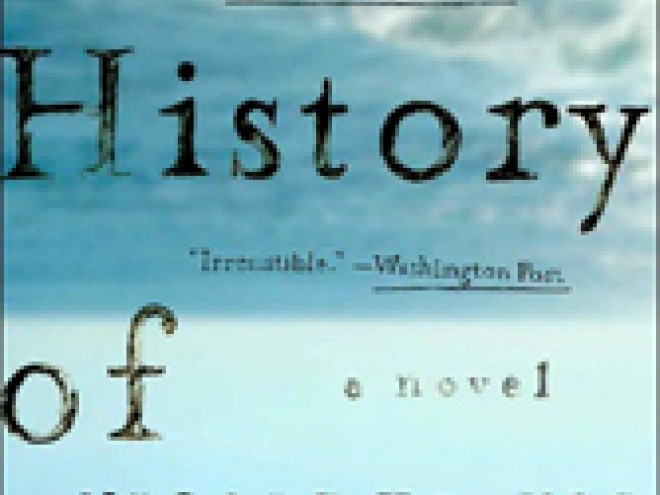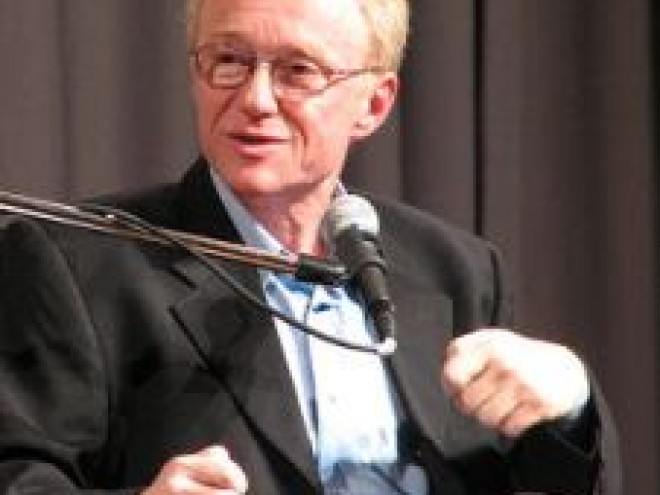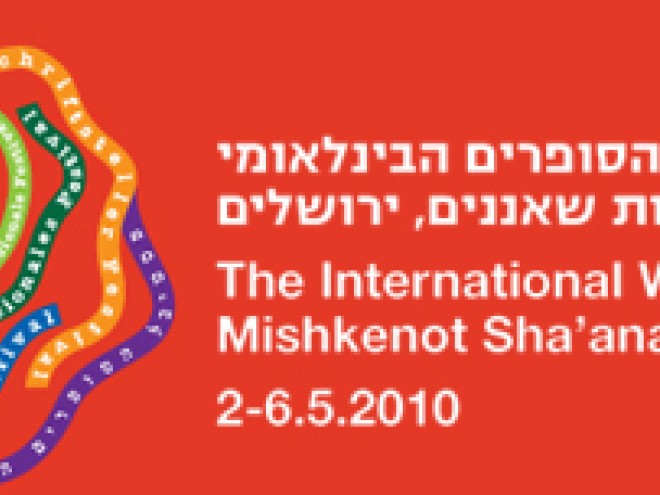Bob Goldfarb has been blogging about the Writers’ Festival at Mishkenot Sha’ananim all week. Stay tuned for his final post later today.
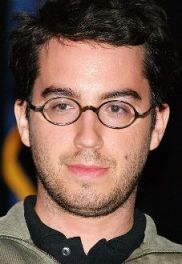
Jonathan Safran Foer (photo by David Shankbone)
“Don’t you feel you’re not the same person as before you published your books?” asked Gutfreund (a 2007 Sami Rohr Prize Choice Award winner). Foer responded, “Nobody is the person he was. And I don’t have an alternate life to compare my life to, had the book not been published.” Recounting how his book found a publisher only after a series of events beyond his control, he added, “I learned an important lesson at the beginning. Some people are lucky, some people are unlucky.”
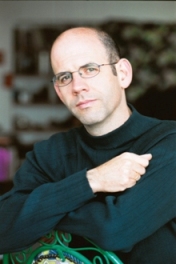
Amir Gutfreund
Reflecting on the relationship between writer and reader, Foer reflected, “You hope someone reads the book as you wrote it, as a novel. A book is not an argument. You write the thing that seems to you authentic and you see what happens.” And sometimes it’s unpredictable. Foer recalled a radio call-in program where he was interviewed about Everything is Illuminated. A listener who had read the Holocaust-themed book phoned in to say, “You told my family story. I recognized myself, my family, the secrets we kept, the silences at dinner.” The caller turned out to be a 60-year-old black man in Trenton.
Gutfreund wondered how his colleague decided what to write about. “Loss, silence, difficulties in expressing oneself are real subjects,” noted Foer. And he agreed that “one of the hardest things is to choose a topic. Many people can write at the technical level of a Nobel Prize winner. It’s the choices you make rather than how you execute your choices.” Foer summed it up: “It’s hard to care about something over three or four years, wrestling with something, being invested in it. I write about the things that are home for me.”
One of Foer’s great influences, he revealed, is Bruno Schulz: “There’s no writer I like more than him, who is more inspiring.” Schulz, author of just two books, was shot by a Nazi officer in the streets of Drohobycz in 1942. Foer wrote the preface to a recent collection of Schulz’s fiction. “Bruno Schulz keeps me honest as a writer,” he attested. “You only have to look at a page of his to know what is possible.”
Bob Goldfarb is president of the Center for Jewish Culture and Creativity in Jerusalem and Los Angeles. He also blogs for the Los Angeles Jewish Journal.
Bob Goldfarb is President Emeritus of Jewish Creativity International.
